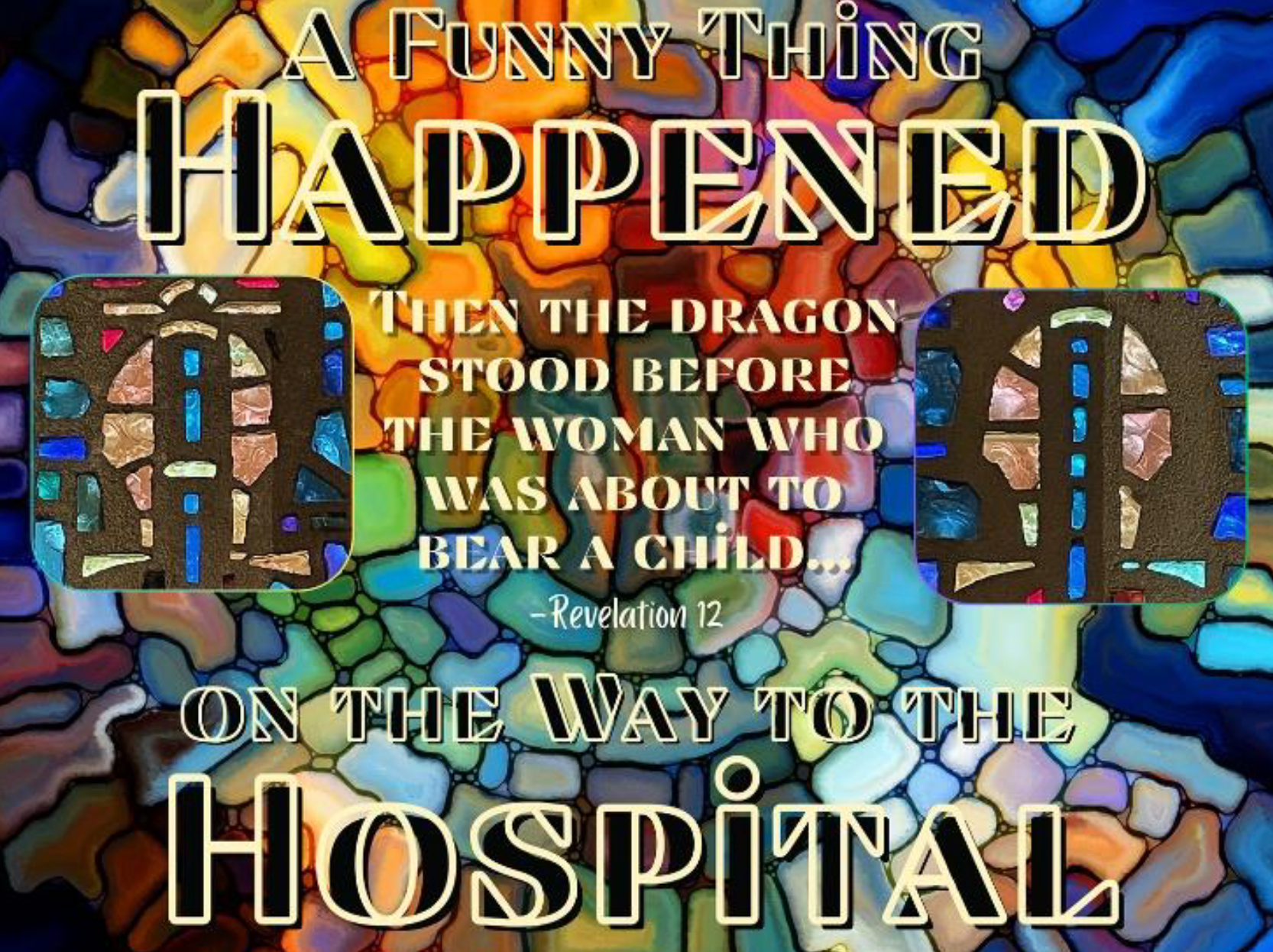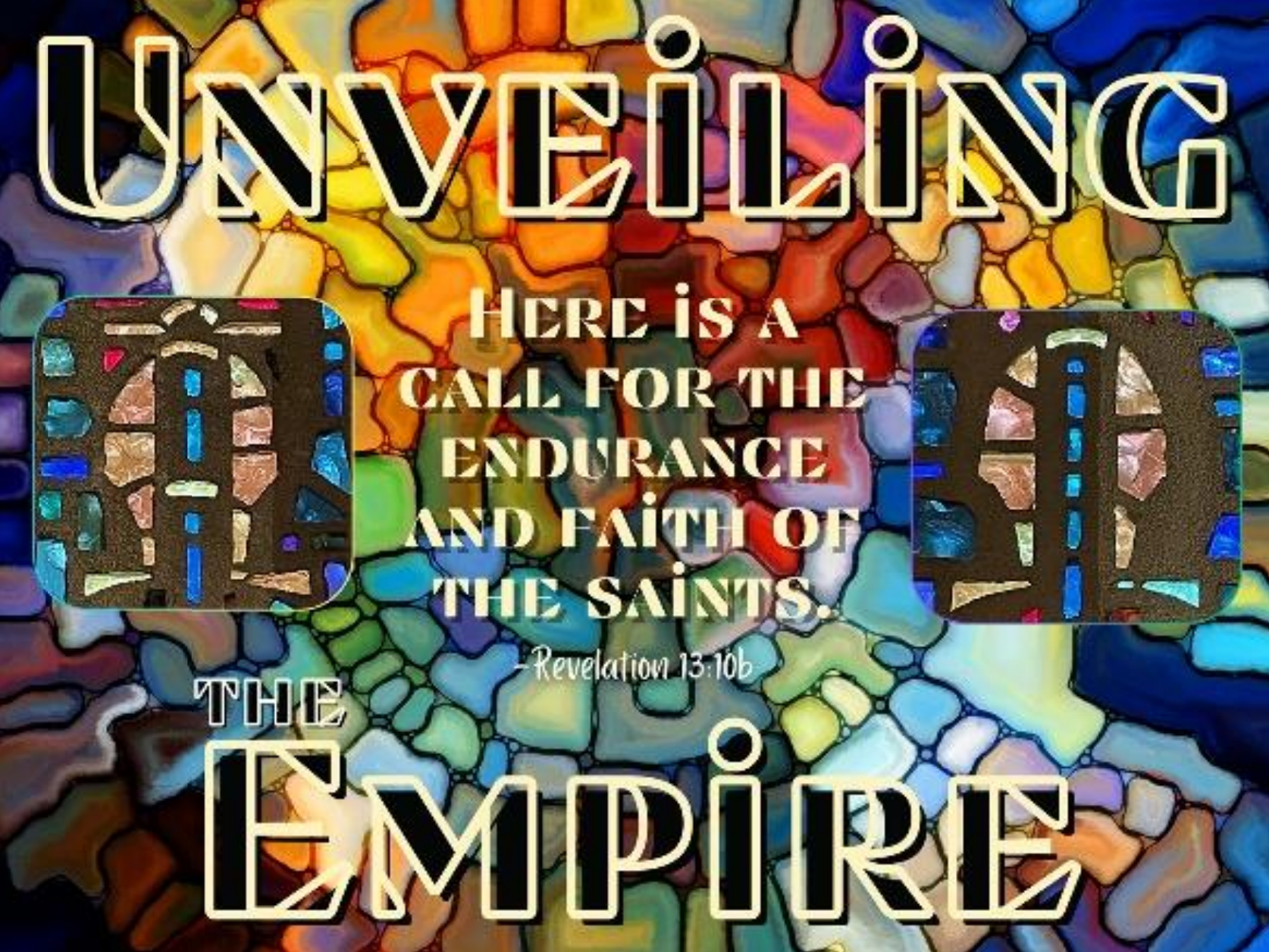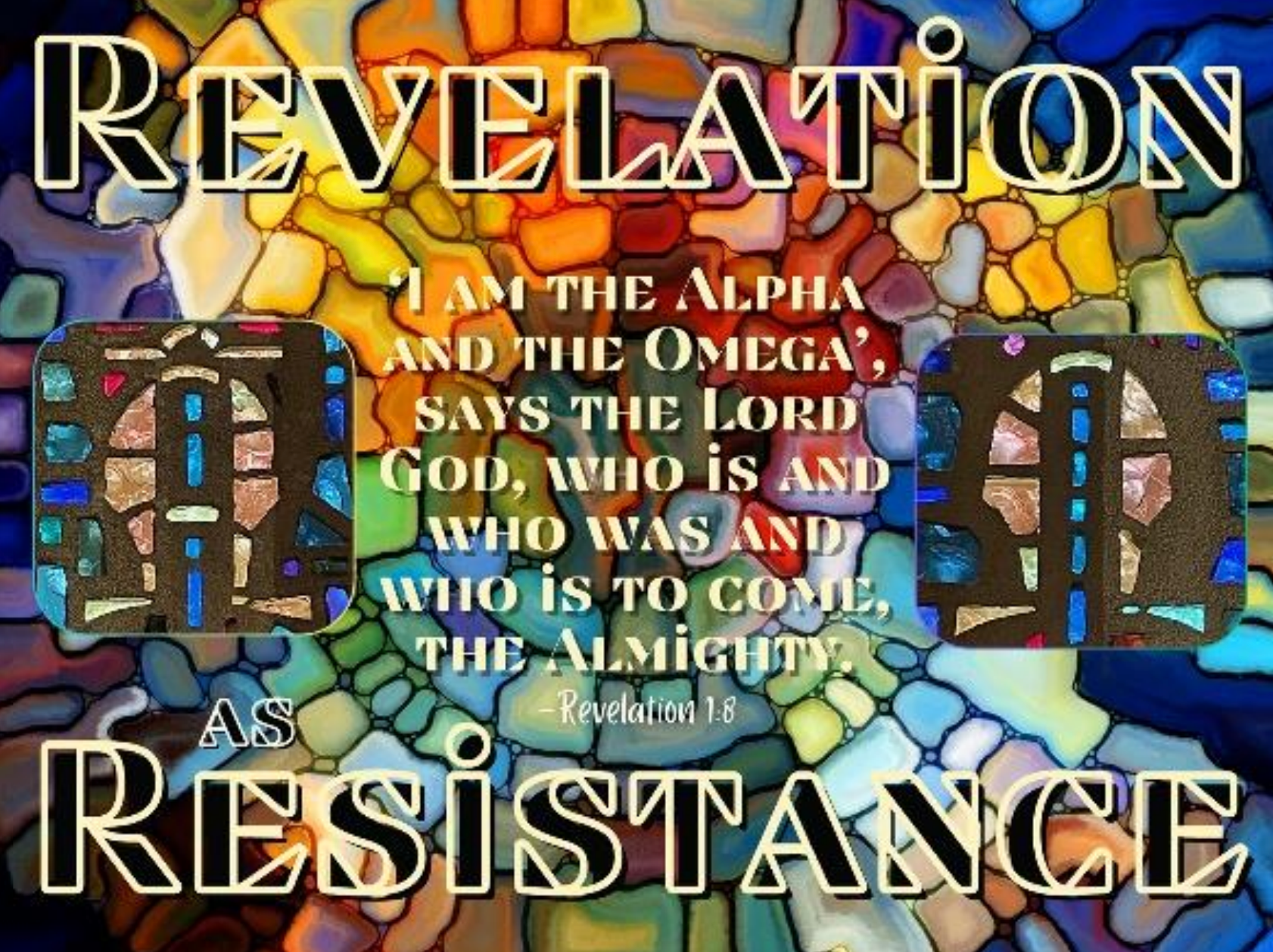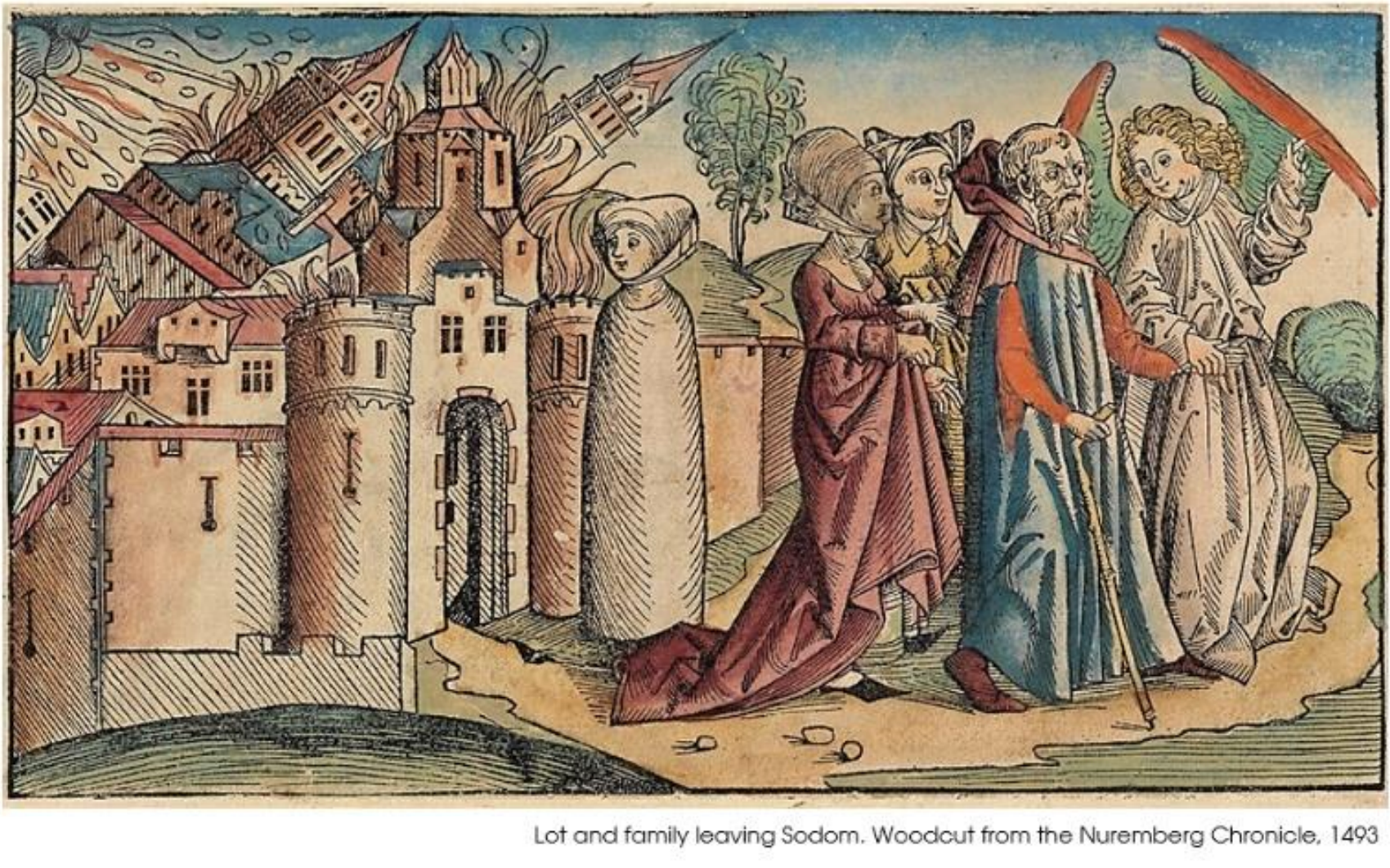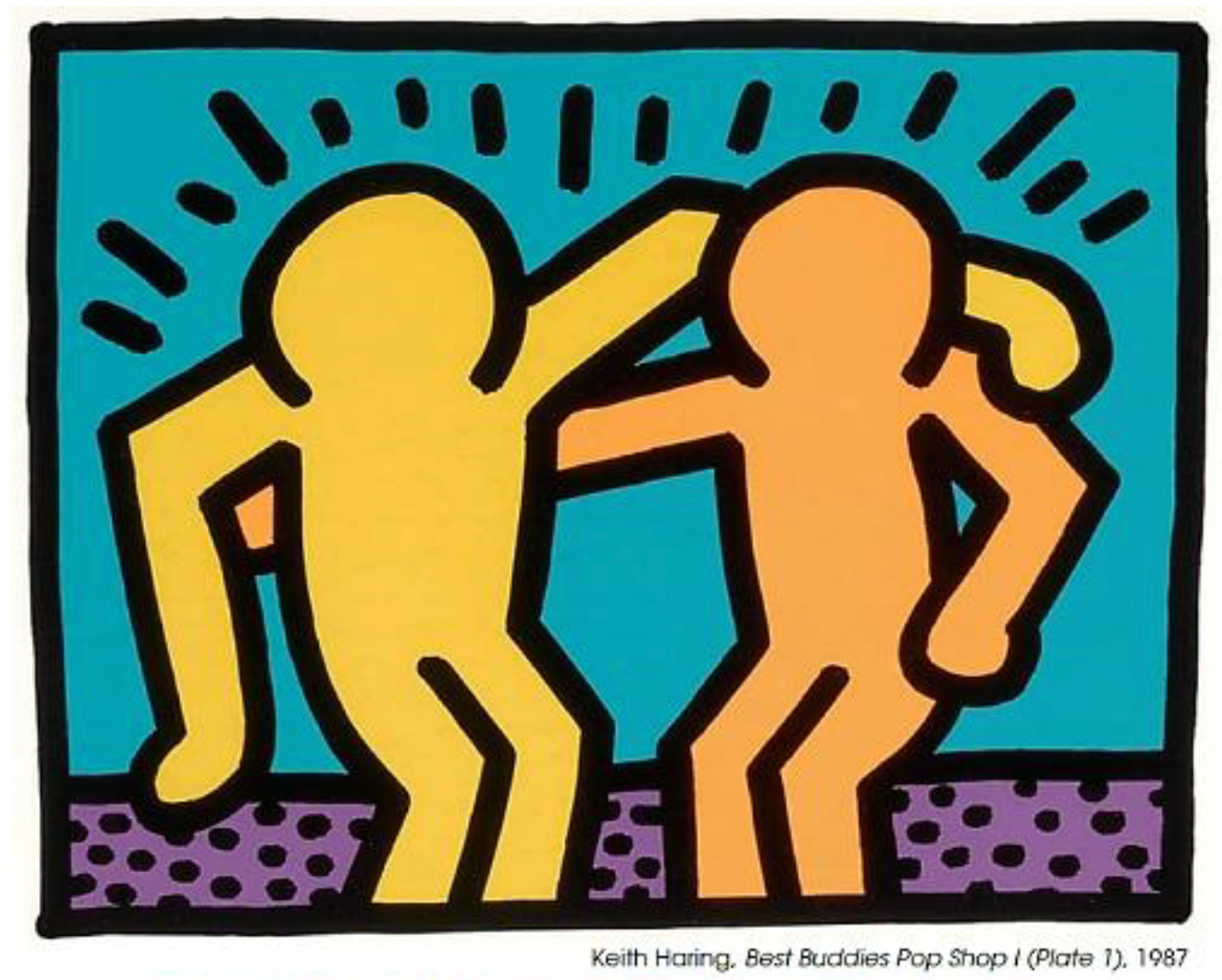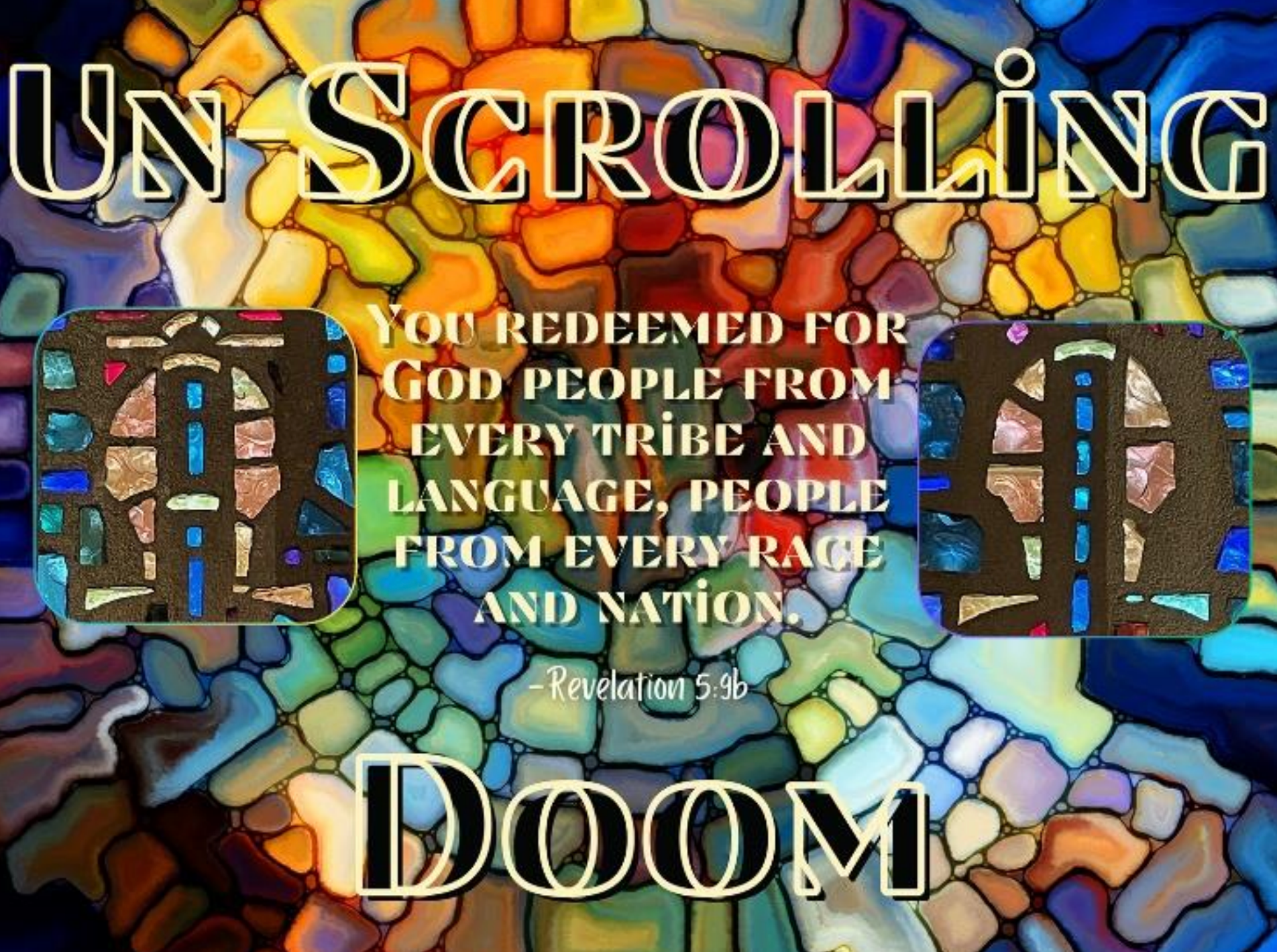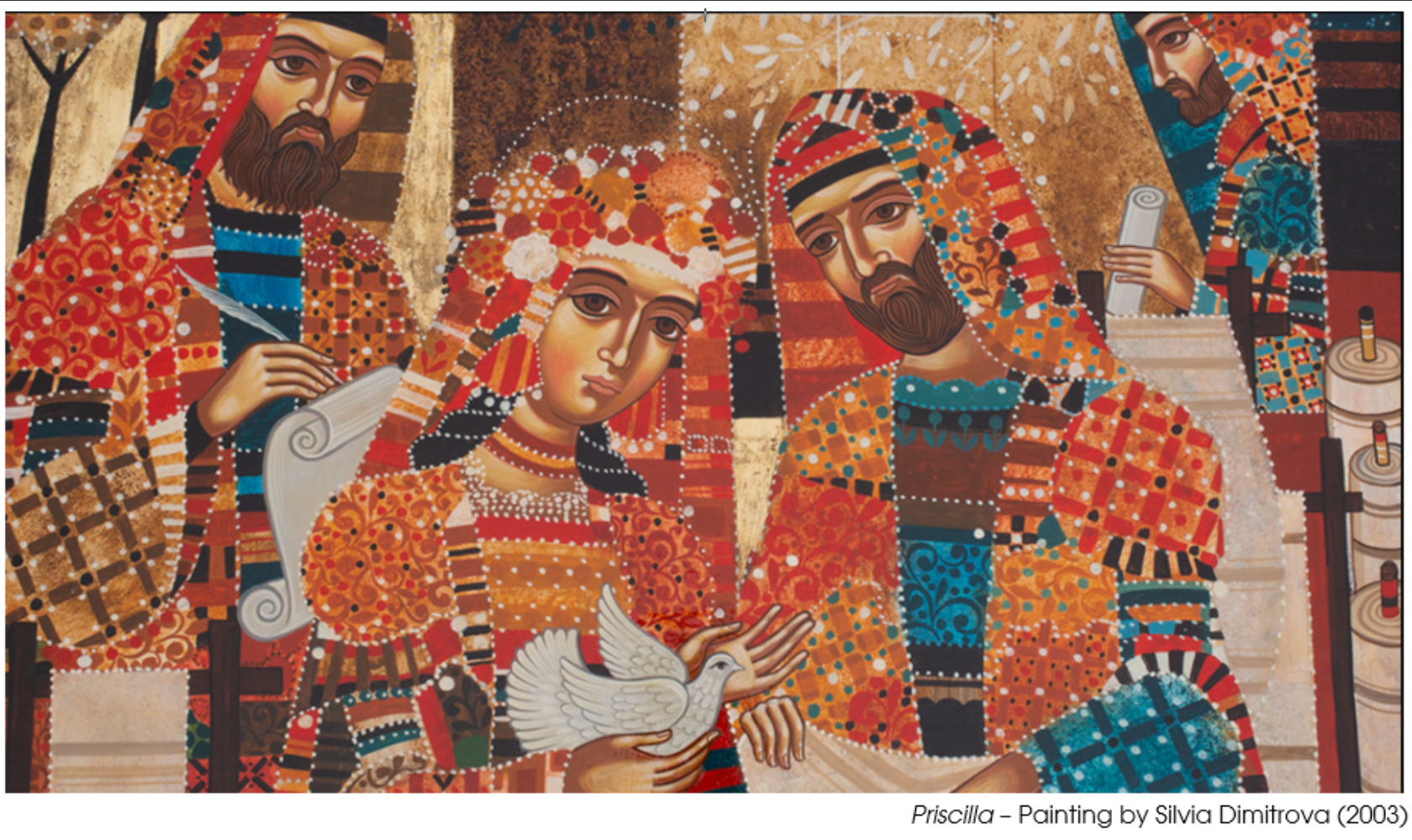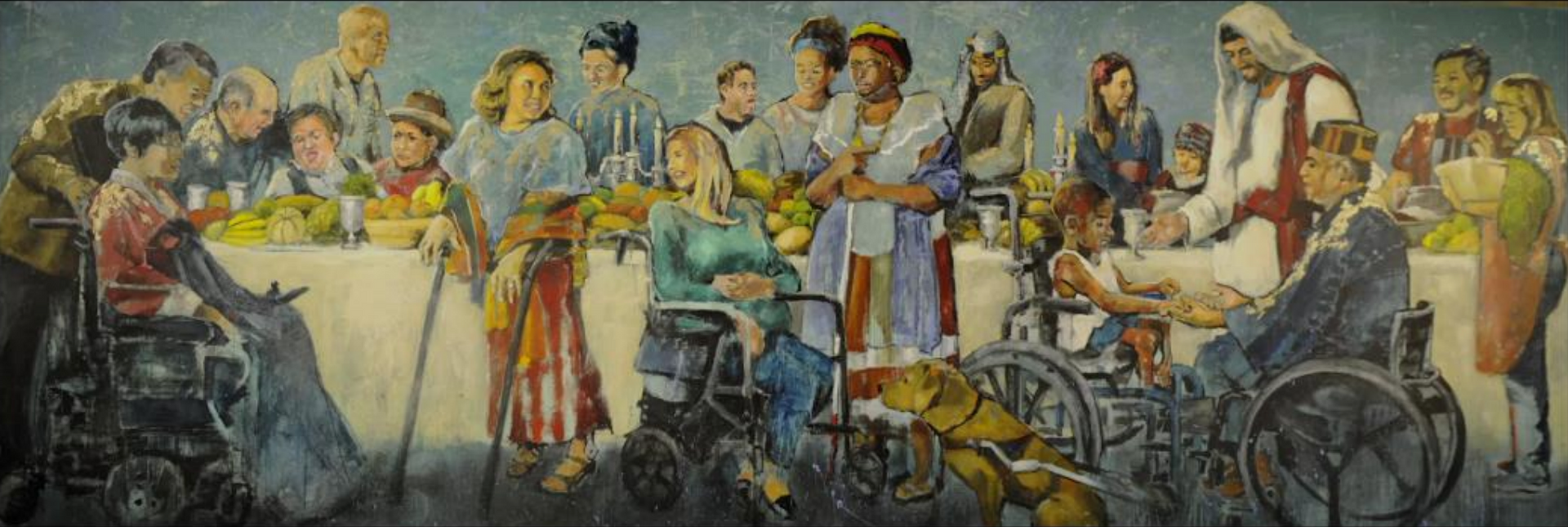Messages We Tell Ourselves: Social Emotional Learning
It used to take me hours to make a mix tape. Children and youth can now easily curate their songs into playlists and instantly share with family and friends. They receive recommendations for other similar playlists and learn about new artists and songs of the same genre. If only it were that simple to organize our thoughts. Kate Garnes, author of the book Mixtape, says, “I’ll honor your story as I share mine, and I’ll help you become the DJ of your own life. It’s time to change the music. Let’s create your own mixtape.” What if those were Jesus’ words? How would we engage more with the actions and life-giving messages of Jesus?
Social emotional learning (SEL) is a common buzzword and method used in churches, schools, and organizations to help children, youth, and adults choose a growth mindset over a fixed one. A growth mindset supports a healthy and restorative model which can offer open-ended answers and solutions. I like using the app “I AM” where I read affirmations daily. I can choose 1 minute or 5 minutes of affirmations. Some are: “I see my struggles as an opportunity to learn.” “I have healthy habits.” A fixed mindset can be binary, limited to judgment, and lead to reward or punishment. With all of the many things to fear in our daily lives, we do not need to live in a cortisol-filled fight or flight state of being. Sometimes we don’t have the space or time to breathe and process, so we need to live our life even if we are afraid. Rev. Joann Lee posted this quote by Elisabeth Elliot, “Sometimes fear does not subside and you must do it afraid.” That takes courage.
In growth mindset mode, we are critical thinkers, problem-solvers, and boundary-makers who proactively care for ourselves and others. Oftentimes students or retreat-goers create a poster with two columns where they can write or post fixed mindset messages such as “My thoughts are not important enough to share.” and then complementary growth mindset statements such as, “I might be surprised how the discussion could change if I shared my thoughts.” This exercise creates a visual picture of our collective cultural messages, as well as empowers us to choose messages that might work better for us. As we know, there is much need for people to be willing to look at multiple perspectives and respond by using best practices which include listening, mutual respect, and encouragement.
In the bible, there are distinctions between being a child and acting in childish or immature ways. As a parent, as well as a teacher of infants to 5th graders, I observe that children are self-guided, deep thinkers and feelers, as well as self-protective even though they have not developed some judgement skills which happen as the brain develops. In the passage Matthew 18: 1-3, the disciples asked Jesus ‘Who, then is the greatest in the kingdom of heaven?’ 2He called a little child to him and placed the child among them. 3And he said: ‘Truly I tell you, unless you change and become like little children, you will never enter the kingdom of heaven.” I think that this refers to the authentic lens that children live through. They express their needs and wants and also observe nature and the way things are. With regard to childishness, Paul wrote to the Corinthians about a divided people and told them to put away their pettiness, so that they could be united in Christ. In 1 Corinthians 13: 11 he said, “When we were children, we thought and reasoned as children do. But when we grew up, we quit our childish ways.” Believing the illusion that we are a divided people denies our humanity and natural sense of wanting to belong to community. It is counter-productive to healthy cultural and moral growth. A group that fosters a singular mindset, focused on what they want even if it ignores the safety and health of the group, is an immature self-interest group. As a child grows in community it realizes that it can express its wants and needs, but must also consider how its actions will affect others in their community. Those messages a child or adult listens to shapes how they work with their emotions and impulses. Once they take time to sift through their thoughts they can find a sustainable healthy solution that produces energy rather than depletes it. The child would be following the moral narrative that actually benefits all people not just those in power.
Creating art is a way for me to follow messages of growth mindset. I receive a message of encouragement or inspiration to do something. Then I think about whether or not I should manifest it into a physical, visual, kinesthetic or auditory thing. Since 2020, I have been following through with these instincts to create, speak out, and share. For spring break, our family went to visit my mother at the home where I grew up. Each time I go, I encounter some objects that spark memories of being a child or teen. My mom had bags of cassette tapes to be sorted, so I helped put her tapes in one section. She had used to enjoy making audio letter tapes as well as mix tapes for family and friends. I could have thrown away the stash of forty blank tapes but decided to take them home and create something.
I thought about the messages that I listened to during my childhood, youth, and young adult years. They were not all in the fixed mindset camp. How could I use the blank tapes and my own fixed and growth mindset messages to create 3D conceptual visual art? I took two gopher wire cages that held last season’s pumpkin and zucchini plants and repurposed them as foundations for the cassette tapes. Then I wrote my own fixed mindset tape messages on blank tapes and tied the cassettes to a fixed mindset cage and to a growth mindset cage. If I were to create a classroom poster, it would include these messages:
Fixed mindset from childhood
“I need to play small.”
“When I ask for clarification they are defensive. I won’t ask questions.”
“Do work and feel fulfilled. Play is a waste of time, money, and talent.”
“What I say and feel is permanent.”
Growth mindset during adulthood
“I like to entertain and be entertained.”
“I can ask for clarification without being ignored or attacked.”
“Sometimes I need to be childlike while “adulting.”
“I can change my mind or be wrong.”
I am inspired by all of the ways people have added affirmations to their meditation, prayer time, therapy, and 12 step programs. “One day at a time.” “I am worthy.” “I can do hard things.” It is important to be able to notice our old messages and welcome new ones into our being. I think that encouraging messages are the Holy Spirit’s way to help us live God’s call.
The post Messages We Tell Ourselves: Social Emotional Learning appeared first on Calvary Presbyterian Church, San Francisco.
